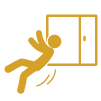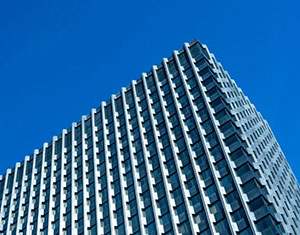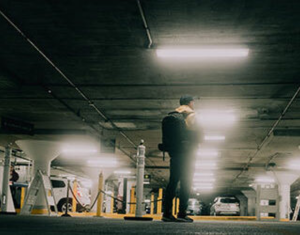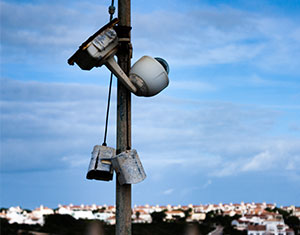Atlanta Attorney for Injury & Wrongful Death Victims in Building Collapse Cases
At Apolinsky & Associates, LLC, our knowledgeable Atlanta premises liability attorneys have extensive experience handling all types of building collapse claims. Our legal team is ready to work aggressively to help you recover the full and fair financial compensation that you rightfully deserve. Although our offices are centrally located in Decatur, our attorneys handle cases all throughout DeKalb County and other areas of Georgia.
What is a Building Collapse Lawsuit?
When you walk into a building, you expect that it’s safe and sturdy. Unfortunately, not all buildings are as well-built as we think. Building collapses happen more often than most people realize.
A building collapse can happen when the structural integrity of a house or building isn’t able to keep the structure intact and functional. Many of these failures are the result of defects in design, construction, or maintenance, and most are preventable.
When a building fails and collapses, the results can be devastating. People can be seriously injured, and additional property damage can also occur. The costs of the aftermath of a building collapse are high, and victims may be eligible to collect compensation to pay for their personal losses.
Workers building a structure are also in danger of injury during the process. These are also some of the most dangerous conditions for construction workers when a building collapses on a site.
Further Reading: Understanding Foreseeability in Negligence & Premises Liability
Proving Negligence & Causation in Building Collapse Injury Cases in Georgia
In this state, O.C.G.A. 8-2-20(9)(B) outlines mandatory and permissive building codes. Georgia building codes are the minimum safety standards set in place to help protect the public. Mandatory codes apply to all construction, regardless of whether they’re locally enforced. Permissive codes are those that only apply if the local government chooses to adopt/enforce them.
Building Code Violations & Negligence
Violations of building code that result in injuries can be used as evidence of negligence per se (as a matter of law) in a premises liability lawsuit.
In the event of a building collapse, building code violations are objective evidence that the property was unsafe. It’s essentially proof that the landowner knew there was a safety issue that was not apparent to the invitee and failed to address it or warn about it, as their legal duty of care requires. This is important because most premises liability claims require plaintiffs to establish that the landowner knew of or should have known about the danger.
Building Your Injury Case
The first step after sustaining an injury in a building collapse is to seek immediate medical attention. Documenting your injury from the initial emergency assessment to follow-up care is crucial to supporting your case.
In order to prove negligence was a factor in your case, you will need to show that:
- A duty of care existed, and the defendant owed you a level of responsibility.
- The defendant breached the duty of care and responsibility.
- That breach directly caused your injuries,
- You suffered damages that resulted from the breach of care.
If you have been harmed on the property of another, and you believe that your harm would not have occurred but for the lack of building maintenance and care, you may have a premise liability claim.
Our Georgia building collapse injury lawyers at Apolinsky & Associates, LLC, can help you by meticulously investigating your claim and negotiating with insurers for fair compensation. Although most civil claims are resolved prior to trial, we will prepare to take the case to court if necessary to obtain justice.
Damages and Compensation Recoverable in Building Collapse Injury Cases
Survivors of a building collapse will need serious and long-term medical care to survive. In addition to surgery, therapy, and a long recovery, counseling will also be necessary to help recover from the trauma involved.
Most will not be able to return to work and will never be able to earn a living again. As a survivor, you may be entitled to compensation such as:
- Medical expenses, current and future.
- Lost wages.
- Lost earning capacity.
- Property damages.
- Emotional and psychological distress.
- Pain and suffering.
Punitive damages may also be awarded in cases of extreme negligence.
If your loved one died because of a building collapse, you may also be entitled to funeral and burial expenses as well as other expenses on their behalf.
Further Reading: What is Pain and Suffering and How Is Compensation Value Calculated?

